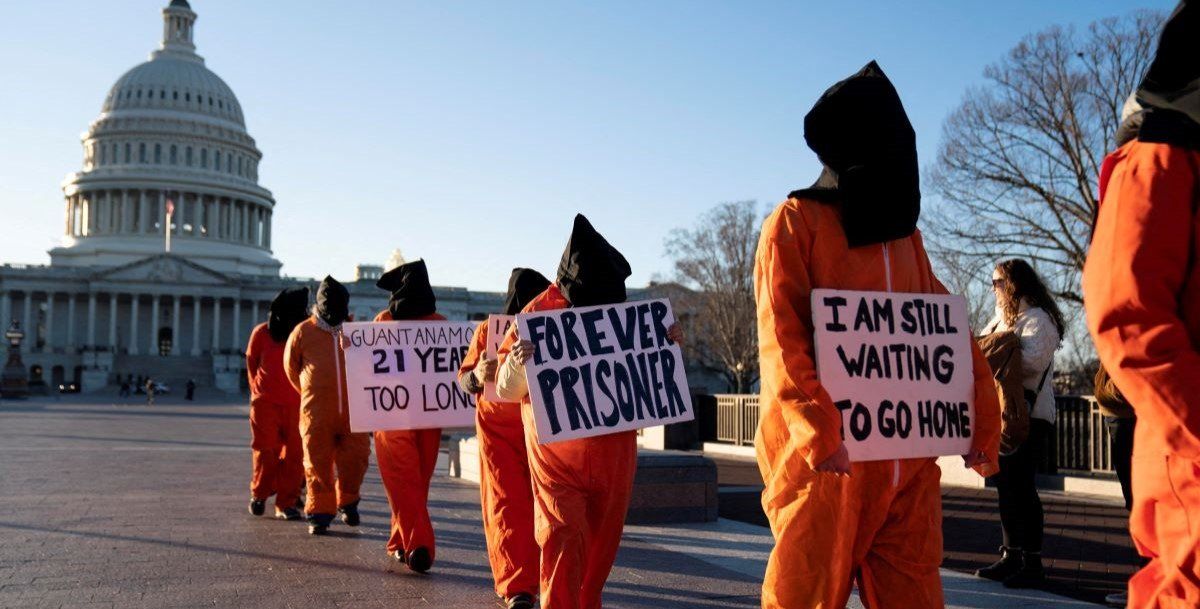Donald Trump has ordered his administration to prepare Guantánamo Bay Naval Base to house up to 30,000 “criminal aliens,” significantly expanding the government’s current detention capacity. The portion of the facility the administration plans to use currently only has capacity for 150 migrants. The plan would utilize a site on the opposite side of the bay from the existing terrorism suspect prison, in an area previously set up for humanitarian relief operations.
Trump’s border czar, Tom Homan, indicated that Immigration and Customs Enforcement, or ICE, would run the operation and focus on detaining “the worst of the worst” public safety threats. The president said that the people sent there would be “so bad we don’t even trust the countries to hold them, because we don’t want them coming back, so we’re going to send them out to Guantánamo.”
The Trump administration has recently said that just the act of illegally crossing into the US classifies migrants as criminal, raising fears that some of the migrants sent there may not be hardened lawbreakers. Meanwhile, human rights alarm bells are sounding over migrants being equated with terrorists — and suggesting that sending them to Guantánamo is a means to avoid legal oversight.
Logistical questions abound. It’s unclear whether just men would be sent to the site, or whether women and children — who require more complex housing — are part of the plan as well. Deborah Fleischaker, an ICE official during the Biden administration, has said that moving people and materials in and out would be a “logistical nightmare.”
